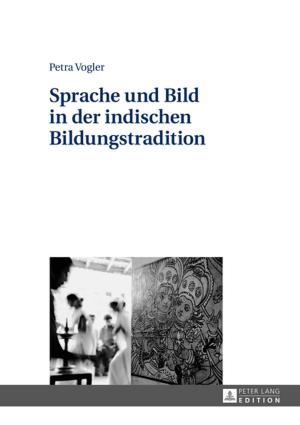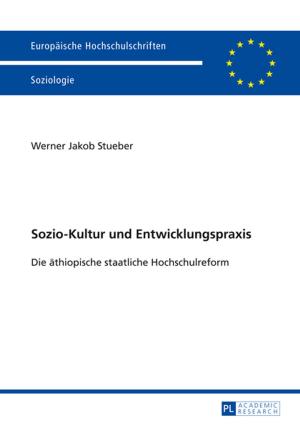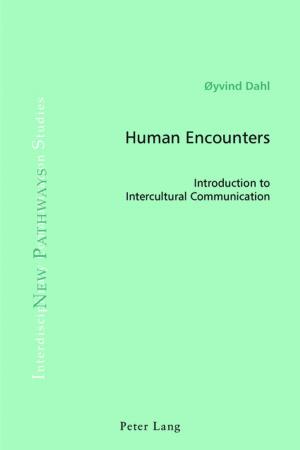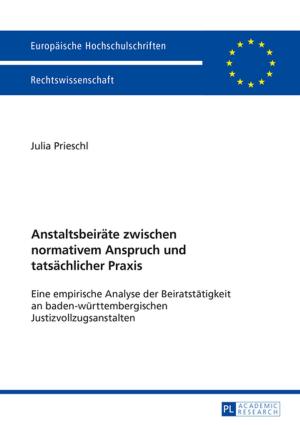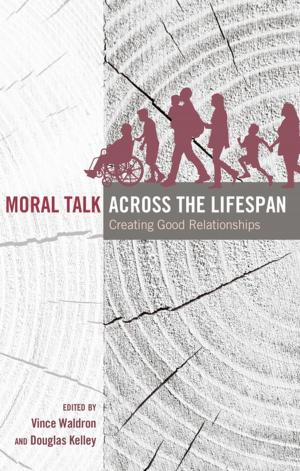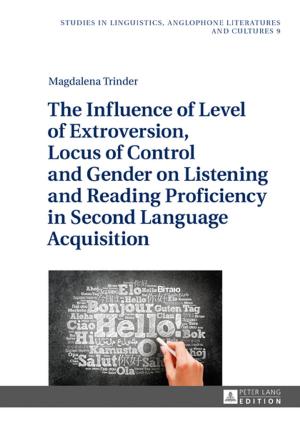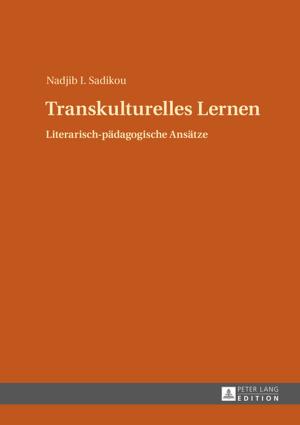Disrupting Gendered Pedagogies in the Early Childhood Classroom
Nonfiction, Reference & Language, Education & Teaching, Elementary, Educational Theory, Educational Psychology, Philosophy & Social Aspects| Author: | April Larremore | ISBN: | 9781454199106 |
| Publisher: | Peter Lang | Publication: | April 14, 2016 |
| Imprint: | Peter Lang Inc., International Academic Publishers | Language: | English |
| Author: | April Larremore |
| ISBN: | 9781454199106 |
| Publisher: | Peter Lang |
| Publication: | April 14, 2016 |
| Imprint: | Peter Lang Inc., International Academic Publishers |
| Language: | English |
Young children’s access to knowledge about gender, relationships, and sexuality has critical implications for their health and well-being, not only in their early years but throughout their lives. This knowledge can build children’s competencies and resilience, contributing to new cultural norms of non-violence in gendered and sexual relationships. For many early childhood teachers, interacting with children about issues concerning gender and sexuality is fraught with feelings of uneasiness and anxiety. For others, familiarity with research on these topics has resulted in rethinking their approaches to sex, gender, and sexuality in their early childhood classrooms. The pedagogical project discussed in Disrupting Gendered Pedagogies in the Early Childhood Classroom examines the tensions associated with one teacher’s attempts to rethink gendered narratives and childhood sexuality in her own classroom. This project illustrates that it is possible for early childhood teachers to use feminist poststructuralism and queer theory to deepen their understandings and responses to children’s talk, actions, and play regarding sex, gender, and sexuality and to use these understandings to inform their professional practice.
Young children’s access to knowledge about gender, relationships, and sexuality has critical implications for their health and well-being, not only in their early years but throughout their lives. This knowledge can build children’s competencies and resilience, contributing to new cultural norms of non-violence in gendered and sexual relationships. For many early childhood teachers, interacting with children about issues concerning gender and sexuality is fraught with feelings of uneasiness and anxiety. For others, familiarity with research on these topics has resulted in rethinking their approaches to sex, gender, and sexuality in their early childhood classrooms. The pedagogical project discussed in Disrupting Gendered Pedagogies in the Early Childhood Classroom examines the tensions associated with one teacher’s attempts to rethink gendered narratives and childhood sexuality in her own classroom. This project illustrates that it is possible for early childhood teachers to use feminist poststructuralism and queer theory to deepen their understandings and responses to children’s talk, actions, and play regarding sex, gender, and sexuality and to use these understandings to inform their professional practice.




